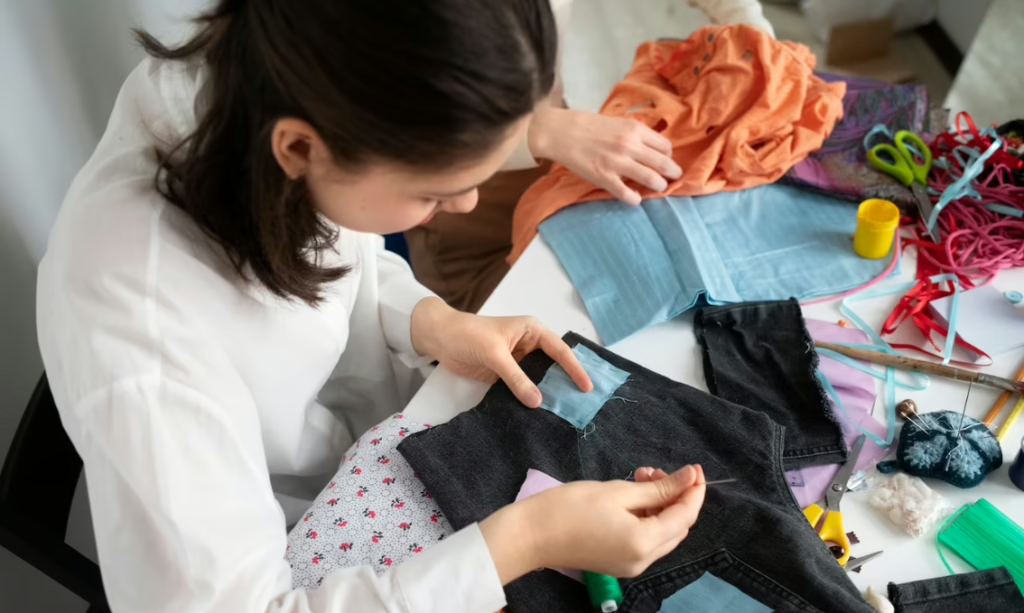Abstract
One of the main challenges to Universal Health Coverage in developing countries like Indonesia is a high prevalence of those working in the informal sector that by the system they have to voluntarily register in the National Health Insurance System (NHIS) as Self Enroled Member. Therefore, challenges are administrative difficulties in recruiting, registering and collecting regular contribution in the most of cost-effective way. This condition hinders some individuals for being covered NHIS. This research aims to analyze qualitatively some aspects that influence the decisions of individuals or households to join NHIS in Indonesia. By conducting in-depth interviews with some of the informants who were surveyed in 2014, and some new additional informants in the three selected regions of Deli Serdang, Pandeglang, and Kupang, the study found that regional socio-economic characteristics, demographics, culture and belief systems have varying degrees of influence on individual decisions to join the NHIS. The general pattern across all the regions reveals three main factors that influence the decisions of those working in the informal sector to join the NHIS: health conditions; family and peers; and existing knowledge and experience. High-risk individuals tend to join the NHIS through interactions with health workers, family members, and friends, concerning their illnesses or health risks. These groups tend to advocate NHIS a means of reducing overall health expenses, particularly for expensive procedures. This creates an adverse selection problem and a pressing challenge for Social Security Agency for Health (SSAH) to attract healthy, young and low-risk groups in the informal sector to join the NHIS. The stories provided by the informants regarding their decision-making processes in joining NHIS also reveal the necessary and sufficient conditions that enable informal sector workers to join the program. The necessary conditions are individual-specific and may differ between people, depending on individual characteristics, regional socio-economic and demographic characteristics, as well as belief systems. All the factors, apart from knowledge and experience, are necessary conditions for joining the NHIS, while knowledge and experience are sufficient conditions that encourage informal sector (PBPU) to join NHIS. Without reliable information and knowledge about the NHIS, PBPU will not join NHIS, although they may like to join because of various individual factors.




